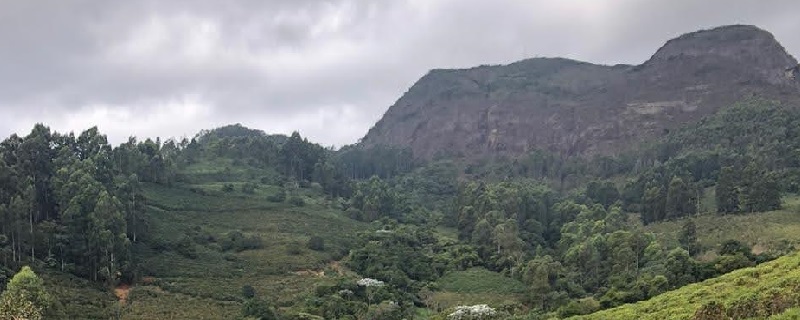Specialty coffees in Espírito Santo (ES), Brazil, have been granted a Geographical Indication by the Capixaba Institute for Research, Technical Assistance and Rural Extension (Incaper). This classification encompasses products or services that have a determined origin and qualities linked to their origin, be it their “know-how,” history, culture or natural factors.
The “Espírito Santo Mountain Coffee” seal was conceived by an initiative of the Espírito Santo Mountain Specialty Coffee Producers Association (Acemes), which is composed by affiliated producers from the 16 regions that make up the region: Afonso Cláudio, Alfredo Chaves, Brejetuba, Castelo, Conceição do Castelo, Domingos Martins, Itaguaçu, Itarana, Marshal Floriano, Rio Novo do Sul, Santa Maria de Jetibá, Santa Teresa, Santa Leopoldina, Vargem Alta, Iconha and Venda Nova do Imigrante.
They started mobilizing for the creation of the seal in 2016. Francisco Rabelo is one of the involved exporters and has anxiously accompanied the process since the beginning. Because he works directly with producers in the mountains of ES, he is providing all the needed support to make sure the seal gains worldwide visibility, instead of just the domestic market.
Francisco explains that today the state is well known for its Conilon coffee. Therefore, the seal is an extremely important way to value the Arabica coffee produced in the region. This achievement promotes sustainability and competitiveness, contributes to the promotion and appreciation of Espírito Santo coffee in the national and international market, besides other countless economic benefits.

There are several microclimates that produce coffees that are characteristic of a specific region within Espirito Santo. Some of the main advantages of the Geographical Indication are protection and promotion of the brand through origin control and traceability, production standardization, food safety, etc. Additionally, it adds greater value to the market by popularizing the region nationally and internationally, valuing producers and promoting regional tourism.
The mild temperatures of the Espírito Santo Mountains allow the ripening of the coffee fruits to occur more gradually. The average annual temperatures range from 18 to 22ºC, the altitudes between 500 and 1,400 meters. The average annual rainfall varies between 1,000 and 1,600 millimeters, which provides better conditions for the plant to synthesize important substances, allowing for more distinct aromas and flavors of the region’s coffees.
The coffee from the Capixaba Mountains is becoming more and more prominent. It earned recognition in the Cup of Excellence – Brazil 2020 Awards, held by the Brazilian Association of Specialty Coffees (BSCA) in partnership with the Export and Investment Promotion Agency (Apex-Brasil) and the Alliance for Coffee Excellence (ACE). The last edition of the competition received 655 lot registrations, from which 100 were selected for the second stage of the competition.
In total, 35 coffees obtained a score equal to or greater than 87 points. And the big winner of the contest was Luiz Ricardo Bozzi Pimenta de Sousa. He is a coffee grower from the Escondica farm, located in Venda Nova do Imigrante, one of the regions pertaining to the Capixaba Mountains. The coffee from Espirito Santo was ranked number one with 90.03 points.
Besides the number one spot, other producers from the Capixaba Mountains regions also featured on the list, such as Eduardo Tozi, from Sítio Floresta, located in the municipality of Castelo, and Jeremias Lietig Braga, from Sítio Braga, in Afonso Cláudio. These other coffees took the fourth and eight place, with 88.94 and 88.85 points, respectively.
It is notorious that the Geographical Identification in those regions adds great value to Espírito Santo coffee, besides providing visibility to the high-quality coffee produced in the state. This elevates Espirito Santo’s reputation on the national and international scene, as producers are constantly investing in improving their quality.a



